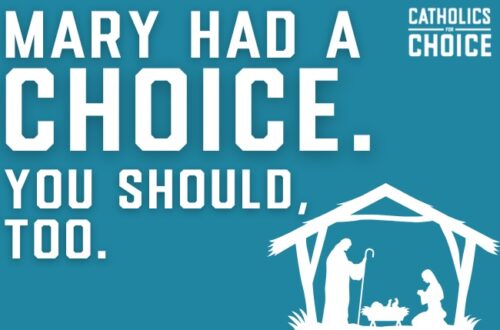Catholic Organizations Receive Billions in Taxpayer-Funded Pandemic Relief Loans
THE US ROMAN CATHOLIC Church used a special and unprecedented exemption from federal rules to amass at least $1.4 billion in taxpayer-backed coronavirus aid through the Paycheck Protection Program (PPP). Millions of dollars went to about 40 dioceses that have paid hundreds of millions in settlements or sought bankruptcy protection because of clergy sexual abuse cover-ups.
Faith-based organizations that promote religious beliefs aren’t usually eligible for money from the US Small Business Administration (SBA). But Congress let faith groups and other nonprofits tap into the PPP, a $659-billion fund created to keep small businesses open and Americans employed. The Trump administration then freed religious groups from a rule disqualifying applicants with more than 500 workers. Without this preferential treatment, many Catholic dioceses would have been ineligible because, accounting for their head offices, parishes and other affiliates, they typically exceed the 500-person cap.
The Associated Press, which broke the story, reported that a spokesperson for the United States Conference of Catholic Bishops (USCCB) acknowledged that its officials lobbied for the paycheck program, but said the organization wasn’t tracking what dioceses and Catholic agencies received. The federal government released PPP disbursement data after pressure from Congress and a lawsuit brought by news outlets. The AP analyzed the data, and acknowledged that its tally of Catholic-affiliated program recipients—between $1.4 billion and $3.5 billion—is an undercount, because the Diocesan Fiscal Management Conference surveyed members and reported that about 9,000 Catholic entities received loans—nearly three times the number of Catholic recipients as the AP originally identified.
The Catholic News Service reported that the USCCB and several major Catholic nonprofit agencies worked to ensure that the “unique nature of the entities would not make them ineligible for the program” because of how the SBA defines a small business. Those conversations came just days after President Trump signed the $2 trillion Coronavirus Aid, Relief, and Economic Security (CARES) Act, which included the Paycheck Protection Program. In addition, federal records show the Los Angeles Archdiocese, whose leader heads the USCCB, spent $20,000 to lobby the US Senate and House on “eligibility for non-profits” under the Coronavirus Aid, Relief, and Economic Security Act.



